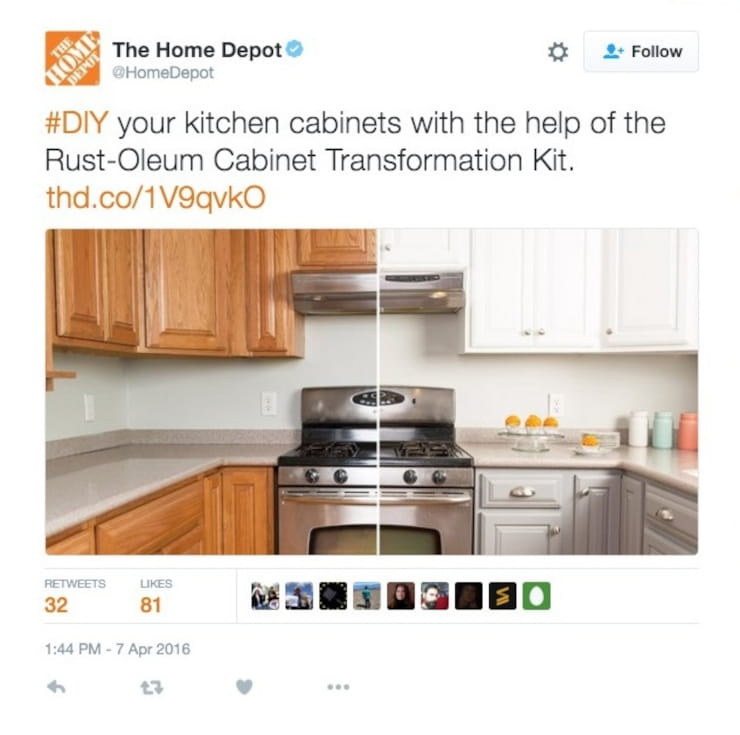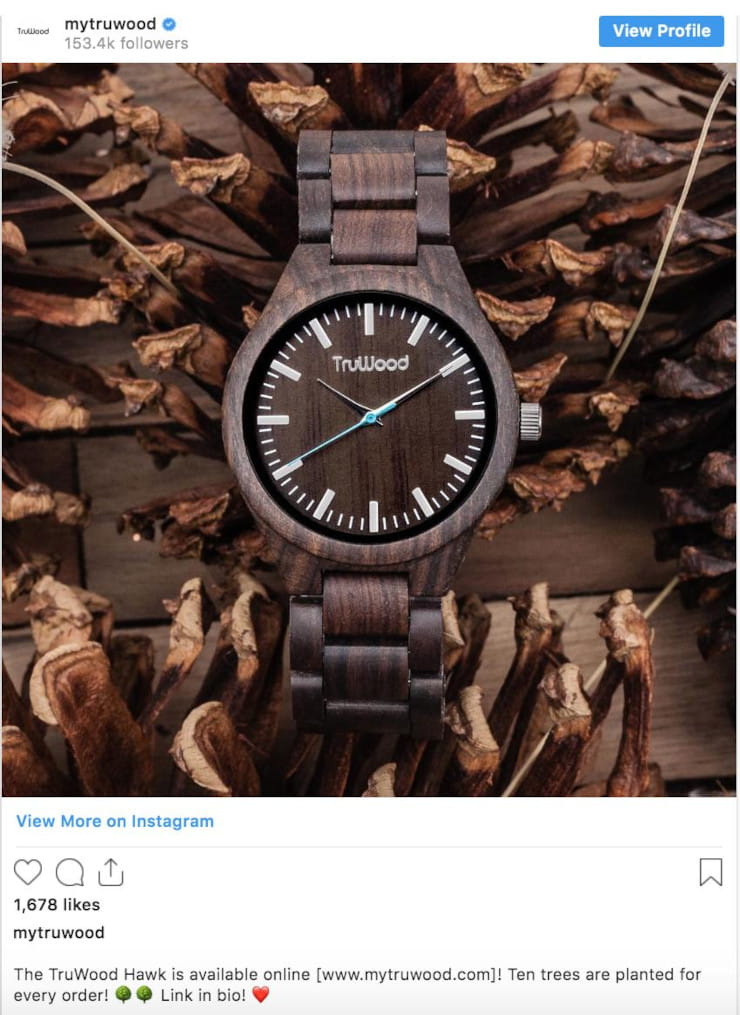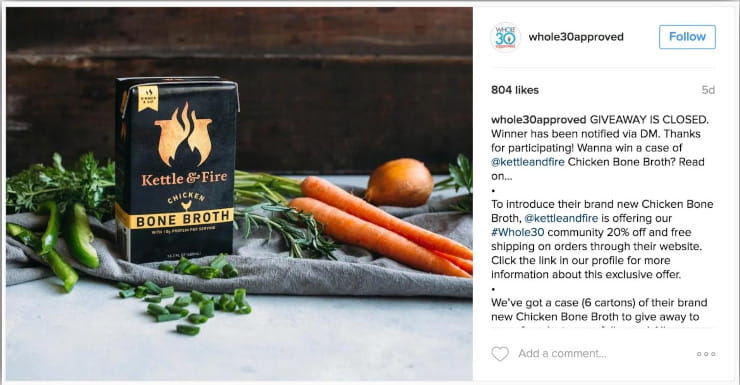While there are many different networks that fall under the umbrella of social media, each social network thrives on a different kind of content. A lot of people struggle to understand which types of content are the best fit for a particular social media platform. Ecommerce businesses especially tend to grapple with the right way to share posts on each social network. Thankfully, there is a social media business strategy that eCommerce businesses can follow in order to make the most impactful social posts possible.

The main social networks that most eCommerce businesses see the most success with are: Facebook, Twitter, Instagram, YouTube, and Pinterest. These social networks each have their own purpose to the consumer and can help with a particular aspect of your social media marketing strategy. In this eCommerce social media marketing guide, we’ll show you what kinds of social posts are ideal to share on each social network.
Facebook:
Facebook is a social network that acts as a social information hub for the consumer. Customers usually visit eCommerce businesses’ Facebook pages to look for news about upcoming sales, new product launches, enter Facebook contests, and information about the business.
Some great examples of eCommerce Facebook posts are:

This Facebook post by UncommonGoods uses the social network to show off one of their unique products with some added humor and whimsy.

MightyNest’s Facebook post is also a great strategy for Facebook by informing your followers about an upcoming sale in an effort to boost traffic and revenue.
On Facebook you should:
- Use Hashtags? Yes
- Tag Relevant People and Brands? Yes
- Use videos when possible? Yes
- Include links to your site? Yes
Twitter:
Since it is the only social network with a character limit, Twitter inherently is a social platform for more brief updates about your eCommerce store. Common Twitter posts for eCommerce brands are quick updates, upcoming or current sales, and any news about the business.
Here are some great ways eCommerce businesses post on Twitter:

Home Depot knows that images work great on Twitter and was able to say in this image what it couldn’t in 280 characters.

It may seem like poor marketing practice to post on social media as a brand without any sort of marketing intent but this post by Arena Flowers is actually a marketing post in disguise. When you give your brand a personality and a sense of humor that consumers can relate to, they form a deeper connection with your brand.
On Twitter you should:
- Use Hashtags? Yes (1-3 hashtags)
- Tag Relevant People and Brands? Yes
- Use videos when possible? Yes but it’s not as important on Twitter
- Include links to your site? Yes, but be sure to shorten the URL
- Set up correct Open Graph tags
Instagram:
It’s well-known that Instagram is an incredibly visual social media platform. Because of that fact, the Instagram posts that are the most successful are posts that are visually eye-catching. eCommerce brands can use Instagram to post about new products, share user-generated content from their customers, run Instagram social media contests, and more!
Check out these fantastic examples of how eCommerce businesses post on Instagram:

In TruWood’s Instagram post they took a product feature post a step further by letting customers know that a tree is planted for each order, then encouraging them to learn more on their website. It also doesn’t hurt that the photography is breathtaking.

Kettle and Fire worked with another Instagram influencer brand to earn more brand awareness for their product. Partnering with other influential Instagramers can be a very effective way to spread the word about your product and gain some new customers.
On Instagram you should:
- Use Hashtags? Yes
- Tag Relevant People and Brands? Yes
- Use videos when possible? Yes!
- Include links to your site? Yes
YouTube:
Many eCommerce brands feel that YouTube isn’t a good fit for them, and for some brands, it might not be. But you might be surprised by the various ways eCommerce brands can take advantage of posting on YouTube. eCommerce brands can use YouTube videos to give product demos, to show off the creation process, or share some background about the brand.
These are just a few ways eCommerce businesses can post videos on YouTube: https://www.youtube.com/embed/QSMh8QnxQe8
Imperfect Foods uses YouTube to tell the story behind their brand. They explain why they started the company, what their mission is, how they help, and how it impacts their consumers.
Ipsy’s YouTube videos offer lots of product demonstrations and tutorials on how to use their products in various ways. They are each short, sweet, and to the point.
On YouTube you should:
- Use Hashtags? Yes
- Tag Relevant People and Brands? Yes
- Use videos when possible? Yes of course!
- Include links to your site? Yes
Pinterest:
Pinterest can seem like a daunting platform for some eCommerce businesses but it’s one that is easier to manage than you might think. Since Pinterest is a discovery platform, it works a bit like Google search does, allowing customers to discover your products and your brand. eCommerce businesses can use Pinterest to share products as well as interesting and helpful blog posts.
On Pinterest you should:
- Use Hashtags? Yes
- Tag Relevant People and Brands? Yes
- Use videos when possible? Yes
- Include links to your site? Yes
Hopefully after exploring this eCommerce social media marketing guide your eCommerce business doesn’t fall into the trap of posting the same things on each social media network. By strategically posting on each of these social networks you’ll see much more impactful results in your eCommerce social media marketing. If done well, that could lead to an increase in site visitors, an increase in brand awareness, an increase in brand engagement and more!




